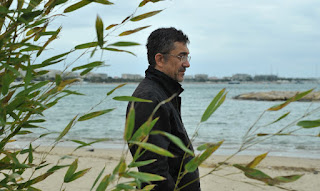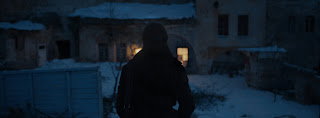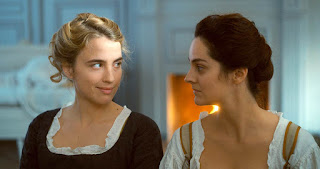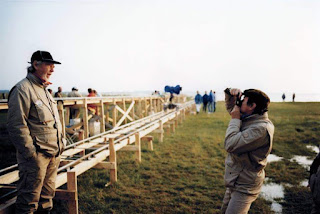The 2010s and Nuri Bilge Ceylan
Nuri Bilge Ceylan is arguably the finest filmmaker to come out of Turkey. His contribution is immense in bringing Turkish cinema into the limelight and His body of work stands testimony to it. Ceylan’s career can be roughly distinguished into two halves: Pre and post Once Upon a Time in Anatolia. He redefined himself at the usher of a new decade undergoing a drastic change in his style and albeit having a visual technique that resembles Kiarostami and Tarkovsky, the films feel unique providing a deep introspection of life and its innumerable predicaments.
Ceylan is a master of depicting alienation, mundanity and existentialism. Through deliberate long takes, stagnant camera, silence and never-ending conversations alongside using nature as his muse, Ceylan analyzes the human condition in a different artistic level that’s palpable in every frame, and which only a few of his contemporaries like Chang-dong or Farhadi can match.
The first five feature films of Ceylan range from good to great but his last three, all made in the same decade is more or less a masterpiece:
1. Once Upon a Time in Anatolia
Once Upon a Time in Anatolia is one of the finest Police Procedural movies ever made. It is a meditation on morality, civilisation, machismo and a take on how each generation suffers the sins of their ancestors.
Ceylan forges some haunting and startling scenes to remind us that the answer to all is beyond our ability to comprehend; a flicker of lightning illuminating a stone carving of a face and an apple downpour with minor yet too much emancipation.
The most enchanting facet of the movie is the Cinematography and the excessive use of light. The camera fluctuates from a prosecutor to a doctor, then to the convicted, and periodically Ceylan plucks back and offers us the entire congregation, lit by the moon or headlights of the cars simultaneously wandering. The desolate landscapes are so blissfully encapsulated, that even the cold breezes can be felt.
It is honestly a tough film to sit and demands patience but Ceylan's imagery is so striking, one gets lost in his labyrinth of mysteriousness.
2. Winter Sleep
Winter Sleep is a quiet ravaging tale and follows the life of Aydin, an ex stage actor who now runs the isolated rural hotel, he inherited from his father. Aged Aydin resides there with his charming wife Nihal (youthful enough to be called his daughter) and his sister Necla, who is enduring her post-divorce phase. It is a rigorous character study featuring a brilliant Haluk Bilginer in the central role, assessing perplexing mortal relations and most importantly, class alienation.
Highly inspired by two of Chekhov short stories, "The Wife." and "Excellent People", and at a meditating runtime of three and a quarter hours, Winter Sleep feels like a slow-burning epic, an exceptionally vibrant short story and a cinematic immersion synchronously. Tiryaki's cinematography as usual is grandiose, especially those winter scenes capturing the natural landscapes in exterior shots and always revolving around the primary characters giving the much-needed sense of intimacy, making this a perfectly balanced lyrical ode to humanity.
3. The Wild Pear Tree
The Wild Pear Tree is a deep psychological study set against an expansive landscape. It's a mirror of life and its never-ending struggles, its momentary joys and inescapable sadness.
The movie observes the story of Sinan, who returns to his hometown. He has penned a book which he says is an intimate memoir in the form of local research and while back home, he expects to locate a publisher or generate the funds, so that he can publish the book himself and while on the pursue, he is furthermore haunted by his father's debts and deficits.
Long, endless discussions are the most important facet of the movie. The one at the beginning between Sinan and Hatice and the other with the imams were breathtaking and the Cinematography which Ceylan renders particularly stunning through frequent cutaways to expansive views of the environments the characters inhabit creates scenes of sheer brilliance.
The discovery of Nuri Bilge Ceylan's filmography has been one of the memorable experiences of my life, with Once Upon a Time in Anatolia (2011), Winter Sleep (2014), The Wild Pear Tree(2018) as well as his other works, has continued on this trajectory, burrowing deeper into the characters' souls made these movies evolve in me, in unexpected ways.
Ceylan is a master in portraying poetic realism and deserves a place among the likes of Ray, Tarkovsky and Kiarostami. His films can rightfully be termed as "Every Frame a Painting".







Comments
Post a Comment